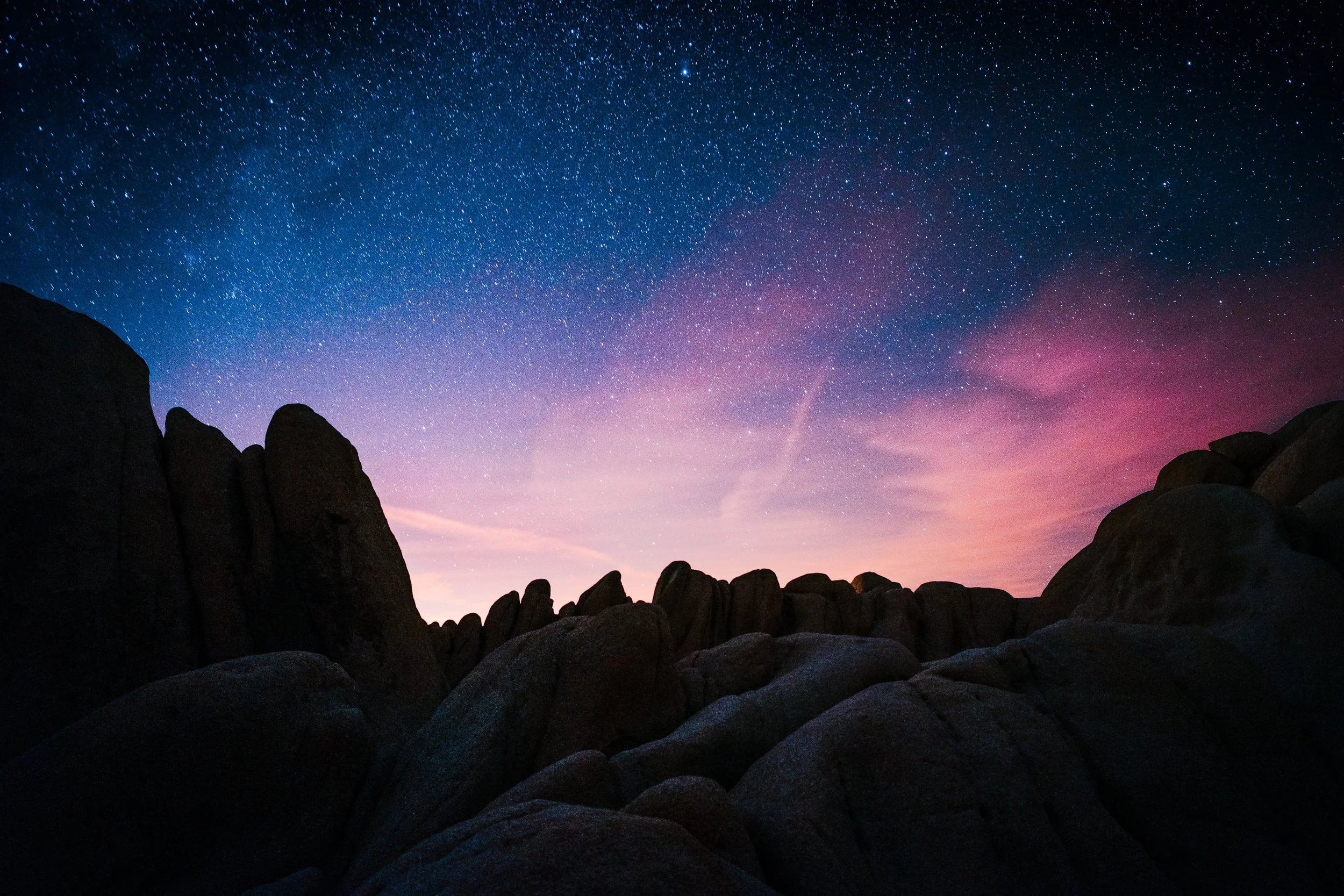Issue 135: Mining for Space Minerals
Welcome to Backstory, a weekly newsletter turning global technology shifts into a three-minute read. This week, we’re talking about space exploration. – Mary Ames, Director of Strategy
THE BIG TAKE
Mining for Space Minerals
We are in a new era of space exploration. From plans to return to the moon to the rise of private space companies, there has never been such an interest in pushing humanity deeper into space. The UAE has been at the forefront of this wave of space exploration with the Emirates Mars Mission, Emirati astronauts in space, and new research facilities focused on the great beyond. Underling these ambitious efforts is a unique global interest in mining minerals from space for use on Earth. Is that even possible?
Infinite value. The Mohammed bin Rashid Explorer probe is about to begin a new mission to the main asteroid belt. The 2,300kg explorer will enter the main asteroid belt and then deploy a lander on the surface of an asteroid to conduct tests for future resource extraction. Scientists and researchers believe the main asteroid belt could contain as much as $700 quintillion worth of minerals such as iron, gold, and nickel. This will be one of the most ambitious missions of the Mohammed bin Rashid Space Centre to date and could provide invaluable insights into the nature of space minerals.
Early stages of exploration. Realistic extraction of minerals from space isn’t going to take place soon. The infrastructure required for such a mission is beyond our present capabilities. But this won’t be the case forever. Space mining is inevitable, and we must start planning how introducing these minerals will transform our planet and global economy. In this hopeful era of space exploration, the UAE’s mission continues to inspire Emiratis and the world. Together we are pulling the future of space travel toward the present.
QUOTE OF THE WEEK
“Mining asteroids will ultimately benefit humanity on and off the Earth in a multitude of ways.”
– Peter Diamandis, Entrepreneur.
CHART OF THE WEEK
Sticking with our space theme this week, we have a graphic from the UAE Space Agency highlighting more details about the main asteroid belt. This mission will also reveal new secrets about the origins of our solar system.
OUR VIEWS THIS WEEK
Our writing on space: Over the past years, we’ve explored many aspects of the UAE’s space program. Throughout our special Backstory: Space editions and published articles on our website, Xische has been a one-stop shop for all things space. We strongly believe in the ability of space exploration to spur our knowledge economy at home. As the Hope probe continues its marathon mission, we’ll continue to follow the story of space closely. The Hope probe is only the beginning for the UAE, the region, and us.
The space club: When Hazza Al Mansouri lifted off from a remote Russian space facility in Kazakhstan, he carried the hopes and aspirations of a nation and a people. His mission to the International Space Station marked the UAE’s admission to the space club. In this piece published by Xische, we outlined what it means for a small country to take a seat among the most powerful nations leading space exploration.
SPOTTED ELSEWHERE
Just breathe. The World Economic Forum claims that 12 billion working days are lost annually to depression and anxiety, which costs nearly $1 trillion in lost productivity per year. What if the solution to this challenge was as simple as just breathing? That’s the argument that Xische Senior Editor Joseph Dana makes in a new piece about using the ancient practice of breathwork to curb anxiety and depression. In an article for Khaleej Times, Dana outlines the practice's popularity and how it can help each of us.
More AI warnings. The flood of news around artificial intelligence and its effect on society continues at an astonishing rate. This week, leaders worldwide have again sounded the extinction alarm over rapid AI development. As the Guardian notes, hundreds of tech leaders, including executives from OpenAI and Google, have called on the international community to treat AI as a danger on par with pandemics and nuclear war. The alarms are getting louder as the development of AI systems continues without pause.















